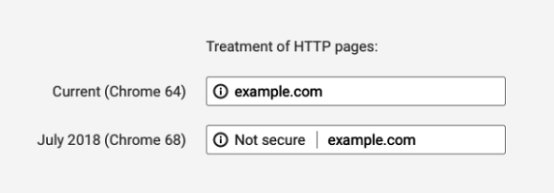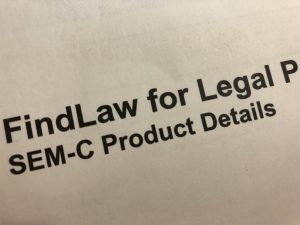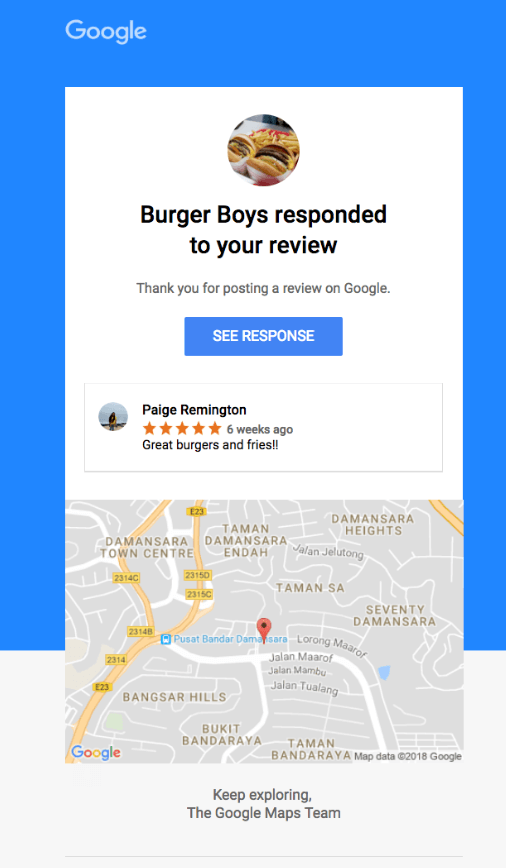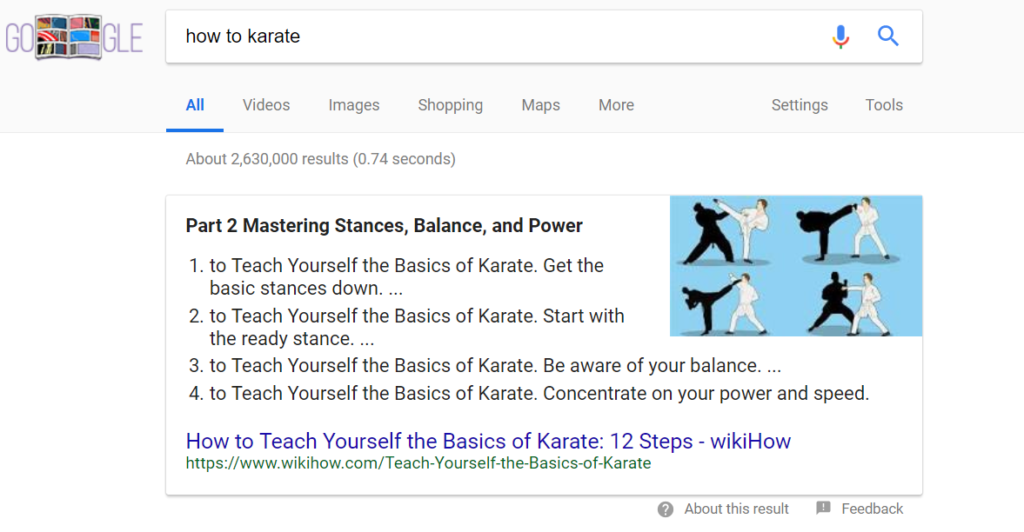Starting this month, Google is rolling out a couple of critical algorithm updates regarding speed and security. These changes have been a long time coming, and Mockingbird Marketing has made sure that our clients’ sites are prepared.
Speed
We’ve known for quite some time that desktop website speed is an important ranking factor. But now, Google will also be looking at how fast your mobile pages are and use that as a ranking factor in mobile search. In the past, Google has (not-so-subtly) hinted at the importance of mobile page speed by releasing tools like the Mobile Scorecard and Impact Calculator.
Google has stated that this change will only negatively impact the pages that “deliver the slowest experience to users.” At Mockingbird, we have several practices set in place in order to ensure quality site speed, including hosting our websites on WP Engine.
Security
Google’s Chrome browser will now mark non-HTTPS sites as ‘not secure’. This is one of the numerous changes that Google has made over the years in order to incentivize secure websites…and discourage non-secure sites.

Google has hinted at a small rankings boost for secure sites, which has successfully encouraged many webmasters to add a security certificate to their sites. This recent change, which punishes non-secure sites, solidifies the fact that user security is no longer just an option, it is a must.
Implementing HTTPS was one of Mockingbird’s essential practices long before these algorithm changes were made, and our clients websites should not be negatively affected.





